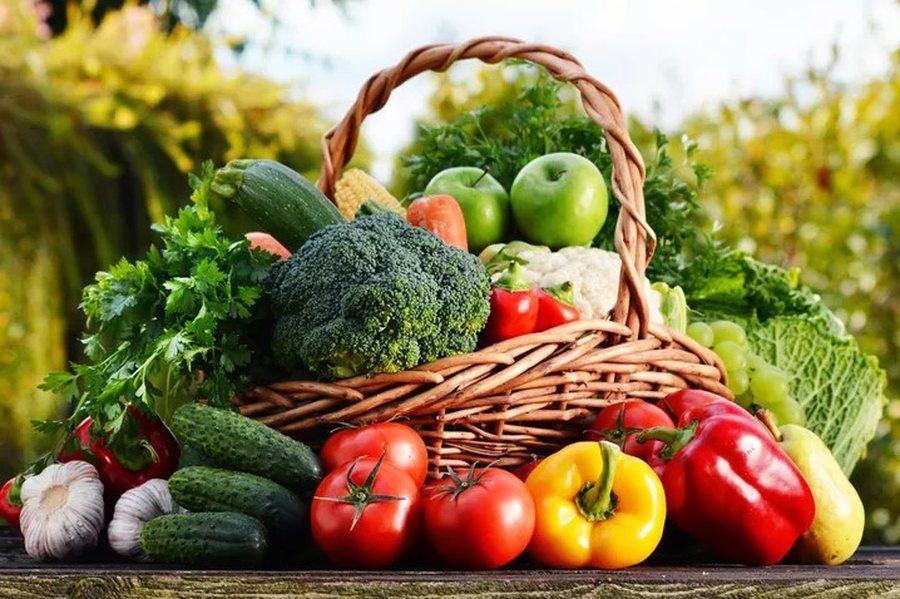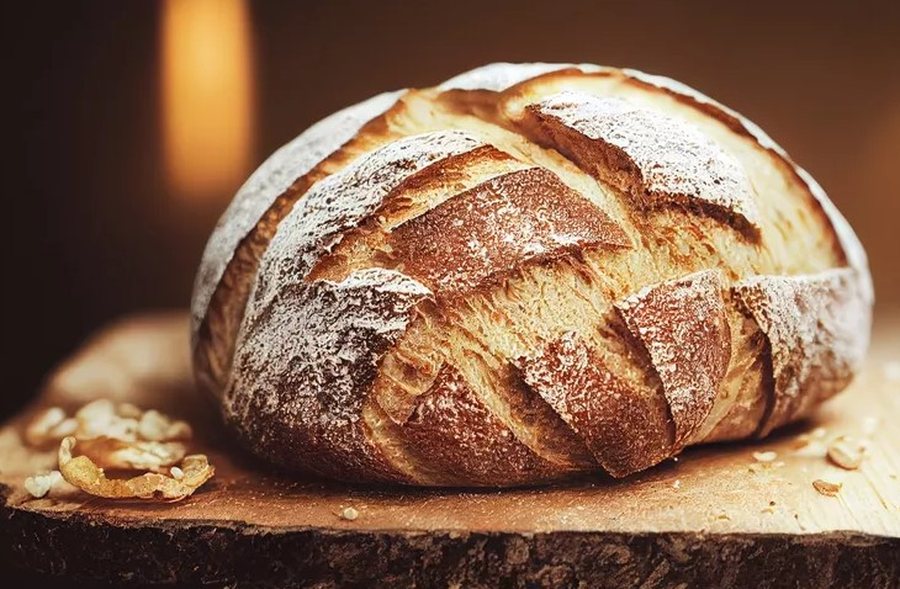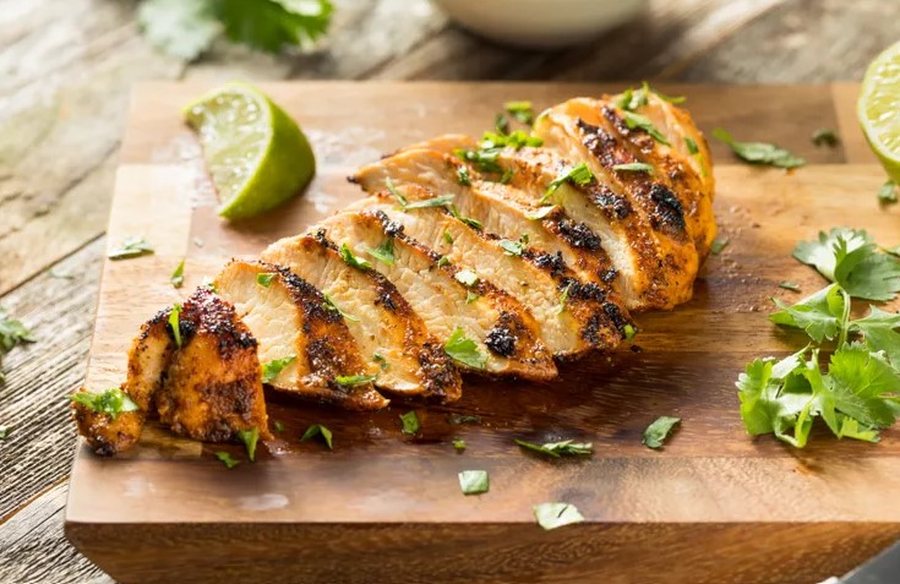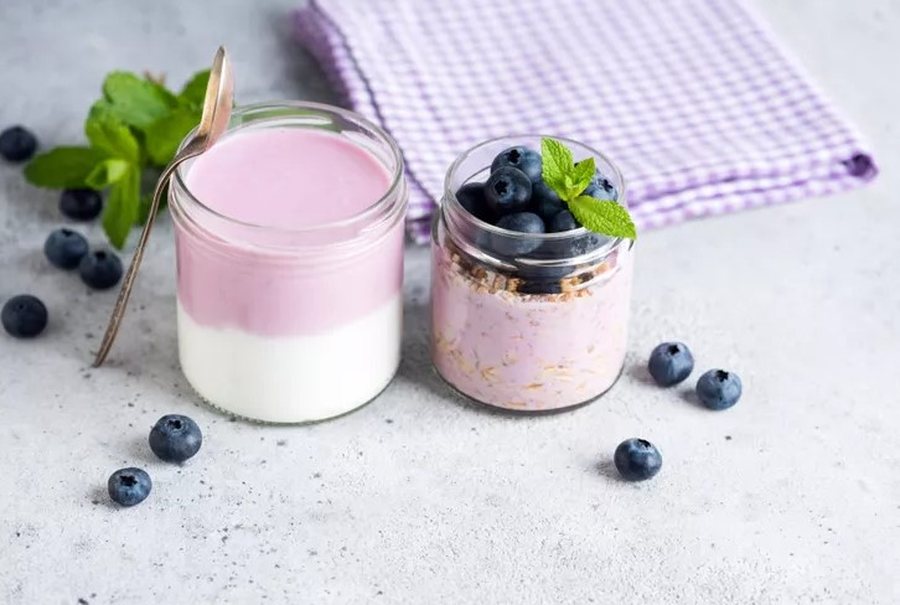
If you are infected with COVID-19, foods containing vitamins, minerals, and antioxidants can help your immune system.
Fruits, vegetables, whole grains, and dairy products are rich in vitamin C, D, zinc, fiber, and protein that support the health of the body.
Although there is no evidence that any specific food can cure COVID-19, some choices may help the body respond better to the virus:
1. Fruits and vegetables

Fruits and vegetables rich in vitamin C help the immune system and can be easy to eat if you have a sore throat. Examples include: citrus fruits, leafy greens, potatoes, and tomatoes. Fruit and vegetable smoothies or warm vegetable soups are good options to increase your intake.
2. Whole grains

Whole grains, such as oats, barley, brown rice, and whole wheat, contain prebiotic fiber that feeds healthy bacteria in the digestive tract and helps support immunity. The beta-glucans found in oats and barley also have anti-inflammatory properties and are beneficial for sore throats.
3. Proteins

Protein helps rebuild muscle and tissue and is essential for the functioning of immune cells. Vegetarian options include beans, lentils, and tofu, while animal options like beef, pork, and chicken contain zinc. Healthy proteins help the body resist infections.
4. Dairy products

Dairy products, such as milk and yogurt, provide protein, vitamin D, and zinc, and yogurt rich in probiotics can support immunity. Consuming low-fat products has shown protective effects against COVID-19 and is easy to digest during illness.
5. Drinks

Dehydration is a risk during COVID symptoms, as is diarrhea and vomiting. Drink water regularly and can include warm tea (like chamomile), unsweetened fruit juices, or coffee in moderation. Limit caffeine, as it can cause dehydration.
What to eat if you have dizziness
Some options are: baked fish or chicken, soup, plain biscuits, toast, rice or pasta, ice cream or potatoes.
What to eat if you have no taste or smell
Add some cheese, olive oil, or nuts to vegetable dishes, use foods with different colors and textures, or strong spices to make them more delicious.
Foods to avoid
Avoid fried foods, fast food, sodas, sweets, and highly processed or sugary foods, as they increase inflammation and make it harder for your body to respond to the illness. Also limit alcohol until you recover.













